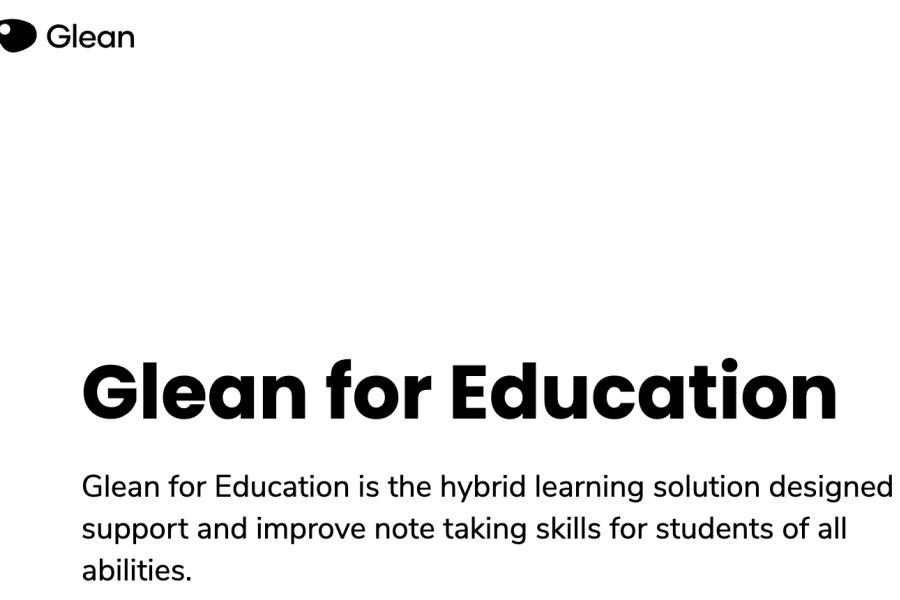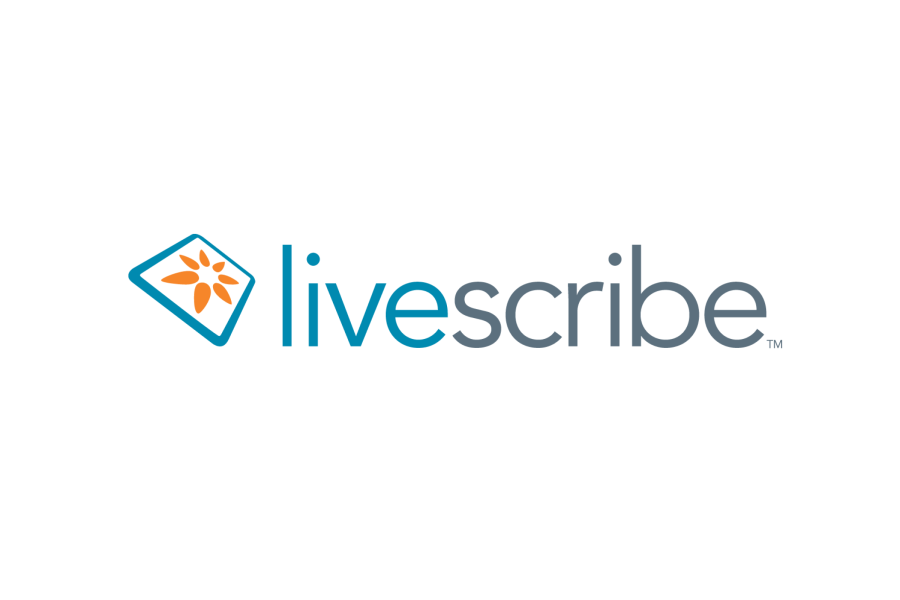Frequently asked questions about recording in the classroom
Do Instructors Hold Copyright Over Their Lectures and Instructional Materials?
Generally, yes. Instructional materials and other course materials (such as syllabi, study guides, and Powerpoint presentations) are usually owned by the instructor who created such materials under the University’s “Policy on Ownership of Course Materials: https://policy.ucop.edu/doc/2100004/CourseMaterials. Instructors maintain both immediate and future rights to their work.
Do Students Have a Blanket Right to Obtain Copies of Copyrighted Work?
No. Generally, students are entitled to use instructors’ copyrighted materials only when authorized by the instructor or under other specific, limited circumstances (e.g., discussed below).
Do Reasonable Accommodations Infringe Upon an Instructor’s Copyright?
Generally, no. Students with disabilities may require copies of instructor materials as a reasonable accommodation. When the purpose of allowing the duplication or distribution of copyrighted content is to provide a reasonable accommodation to a person with a disability, federal law places limitations on an instructor’s rights to assert copyright infringement. Section 121 of the U.S. Copyright Act specifically restricts a copyright owner’s exclusive rights, stating that reproduction or distribution of copyrighted materials in accessible formats exclusively for use by persons with disabilities is not an infringement of copyright. Accessible formats include printed instructional materials, braille, audio, or digital text for exclusive use by persons with disabilities and (with respect to print materials) also encompass large-print formats.
In addition to Section 121, “fair use” under Section 107 of the Copyright Act is a separate legal defense that permits the unlicensed use of copyright-protected works in certain circumstances, which may include providing access to disabled students as a reasonable accommodation. Like a student’s request for reasonable accommodation, fair use determinations are a fact-specific inquiry and must be assessed on a case-by- case basis.
Four factors are relevant in determining if a recording accommodation infringes upon an instructor’s copyright:
- The purpose/character of the material’s use (e.g., whether of a commercial nature or for nonprofit educational purposes);
- The nature of the copyrighted work (the degree to which the work is, for example, a highly creative expression as opposed to a fact-based work);
- The amount and substantiality of the material used; and
- Whether, and to what extent, the use harms the market value of the work.
As the U.S. Supreme Court, among other courts, has made clear: “Making a copy of a copyrighted work for the convenience of a blind person is expressly identified by the House Committee Report as an example of fair use.”
What Are the Protections for University Instructors Providing Reasonable Accommodations?
Regardless of the ability to use copyrighted lecture materials, it is in the University’s interest to afford instructors some measures of reassurance and support for the protection of copyrighted materials to address any remaining concerns and to ensure cooperation with legal mandates. Such measures may include providing the student with a limited license for use of the materials, encryption (or other electronic tools) that would prevent a student from copying or forwarding an electronic presentation, etc. Federal copyright law allows for providing a copyright notice stating that any further reproduction or distribution is an infringement in addition to identifying the copyright owner and the date of the original publication. CAE takes such steps by having students approved for technology-assisted notetaking sign an acceptable use policy that prohibits the use of recorded materials for any other means than the provision of access in order to mitigate disability-related limitations.
Source: Office of the General Counsel, 2016
Technology-assisted notetaking options available
Learn more about the technology-assisted notetaking options available to CAE-registered students


